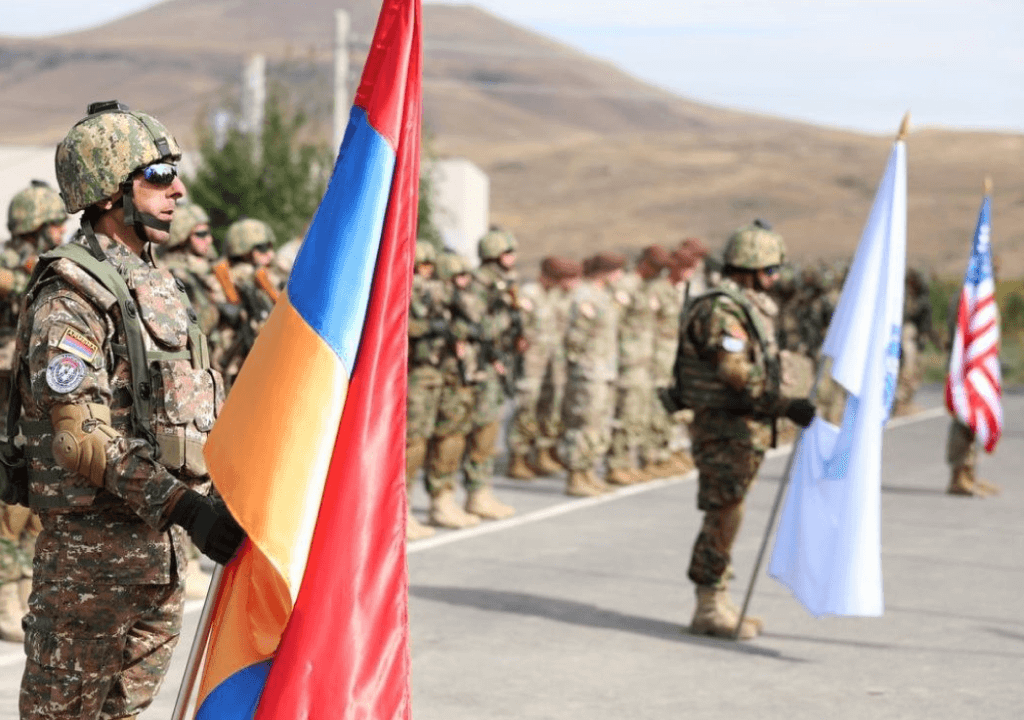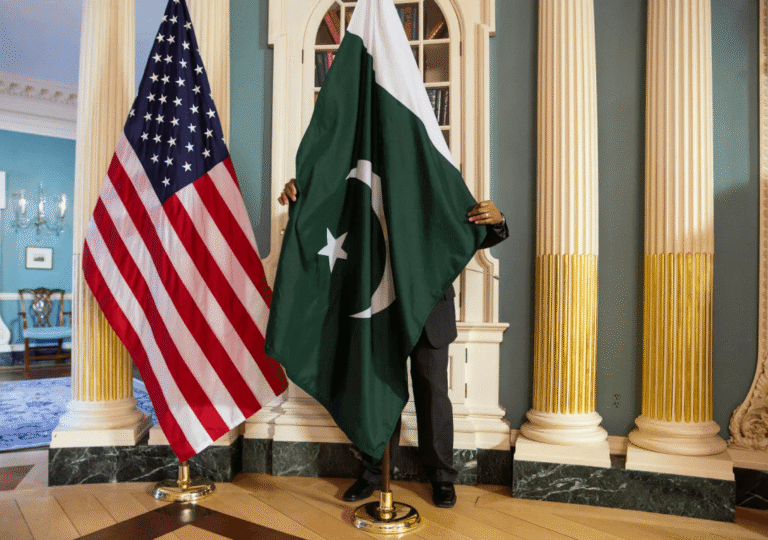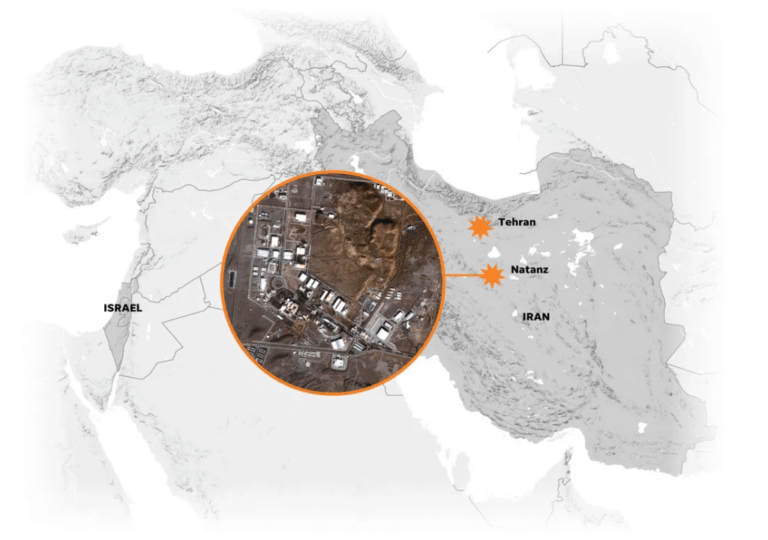Armenia was humiliated when Azerbaijan captured the territory of Nagorno-Karabakh, which had long been under the rule of Armenian Christians. It’s a historical rivalry between these former Soviet republics, but this time Armenia’s anger at the loss in the war was directed towards their Christian brother Russia, which provided military, economic, and political assistance to Armenia but considered staying neutral or allowing the takeover of Nagorno-Karabakh by Azerbaijan. The Armenian government accepted defeat and chose not to make comments against it, despite some protests and anger towards Russia. There was a general perception in Yerevan that the Kremlin had not lived up to its security obligations to Armenia. However, people with deep ties to Russia or those in geopolitically isolated situations refrained from making further protests against Russia.
But Armenians are not only in Modern Armenia; they have a larger population in the United States and Western countries than in Armenia itself. They are angry. They believe Russia preferred richer Azerbaijan and strategically important Turkey and their interests over Armenia. They believe it’s time to shift their allegiance from Russia to the West. And when Russia weakens or is perceived as weak, Armenian politicians are removing the redline they aspire to join in Europe, and they have won some impressive military assistance from the Eagle, the United States.
The European Union and the United States swiftly responded to Armenian overtures for closer security and economic ties. In early April, they jointly proposed an assistance package totaling over $350 million for Yerevan. Following this initiative, US Ambassador to Armenia Kristina Kvien stated that the relationship between the US and Armenia is expanding. She noted that Washington’s engagement with Yerevan has broadened and deepened across various sectors over the past year, including military cooperation. Kvien highlighted significant developments in this area, such as the joint US-Armenian military exercises held in early September in Armenia. Additionally, she mentioned plans for an American military advisor to collaborate with the Armenian Defense Ministry to implement reforms aimed at enhancing planning and operational standards to modern levels. This is enough to consider Europe’s interest is expanding to Armenia and the Russosphere is shrinking and Armenia leading to deep trouble. Ukraine’s desire to join NATO is perceived as motivation for Russia’s war on the nation.
Though Ambassador Kvien echoed they don’t have plans to disrespect Relationship with Russia , emphasizing that US assistance to Armenia does not come with a condition to sever ties with Russia. She highlighted the importance of having multiple allies and trade partners for Armenia’s strength and resilience, stating that diversification, rather than exclusion, is the goal. However, it’s evident that if Armenia strengthens its ties with the United States or Europe, it could strain its relationship with Russia, given the historical tensions between these countries. And Russia is already concerned about the United States growing interest in the former soviet republics. Russia and Azerbaijan responded strongly to the EU-US aid package announced on April 5th for Armenia. Prime Minister Nikol Pashinyan addressed concerns in the Armenian parliament by emphasizing increased economic and security cooperation with the West.
The possibility that the United States was going to provide significant military support to Armenia seemed unthinkable just a few years ago. However, situations have changed, and Washington is moving cautiously in its efforts to remove a geopolitical red line in the Caucasus, painted by the Soviet Union. While Russia and Iran will likely face increased confrontation with the expanding Eurosphere in the Caucasus, the region will become more unstable. The two spheres are evolving in this tiny region, with Georgia, Armenia, and Europe on one side, and Russia, Iran, and Azerbaijan on the other side. Turkey’s involvement will only add complexity to the situation.








